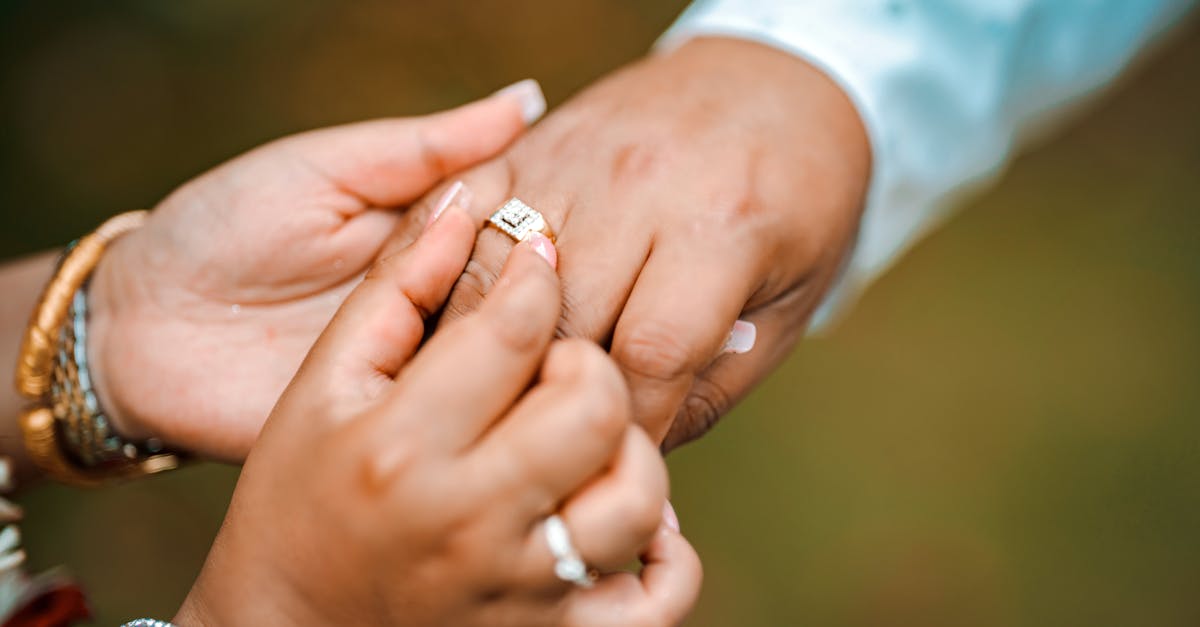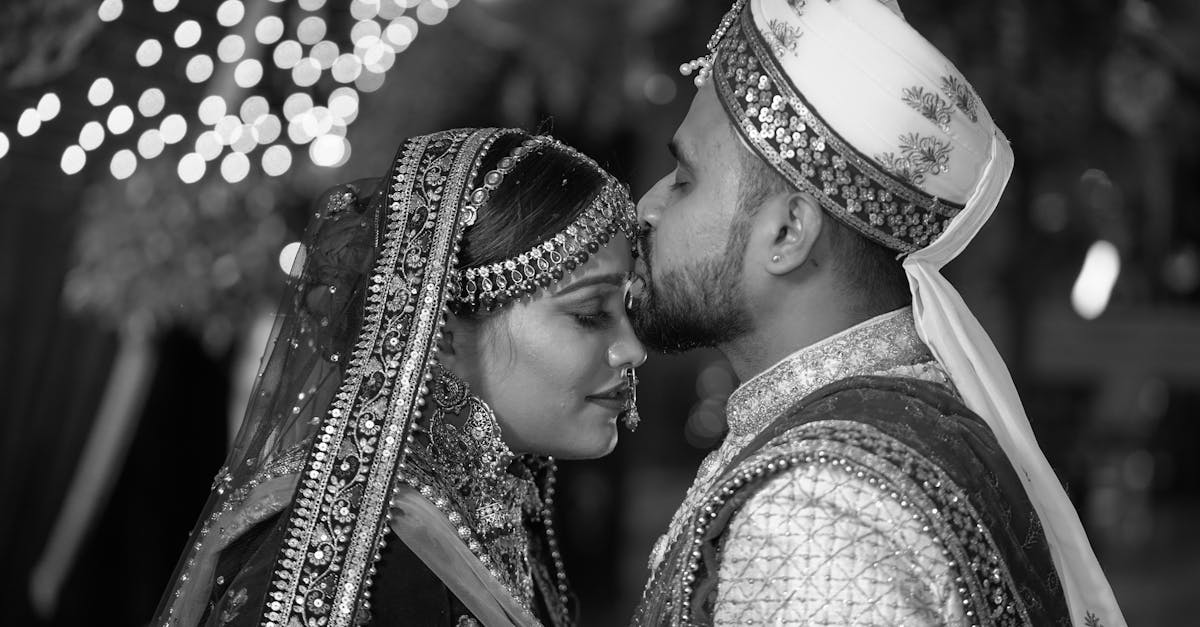Introduction
Same-sex marriage has been a topic of debate and controversy in the United States for many years. While some states have legalized same-sex marriage, others have been resistant to the idea. Louisiana is one such state that has had a complicated history with same-sex marriage legalization.
Currently, same-sex marriage is legal in Louisiana, but it was not always the case. In 2004, Louisiana passed a constitutional amendment banning same-sex marriage. However, in 2015, the Supreme Court case of Obergefell v. Hodges legalized same-sex marriage nationwide, including in Louisiana.
The purpose of this blog post is to provide an overview of the legal recognition of same-sex marriage in Louisiana. We will discuss the history of same-sex marriage legalization in Louisiana, the impact of the Obergefell v. Hodges case, and the legal requirements for getting married in Louisiana.
It is important to understand the legal status of same-sex marriage in Louisiana, as it affects the rights and benefits of same-sex couples in the state. By understanding the legal landscape, we can better advocate for LGBTQ+ rights and support the community in Louisiana.
Table of Content
- Legalization of Same-Sex Marriage in Louisiana
- Rights and Benefits of Same-Sex Couples in Louisiana
- Discrimination and LGBTQ+ Rights in Louisiana
- Resources for LGBTQ+ Individuals in Louisiana
- Conclusion
Legalization of Same-Sex Marriage in Louisiana
Louisiana has a complicated history when it comes to the legalization of same-sex marriage. In 2004, Louisiana became the first state to pass a constitutional amendment banning same-sex marriage. This amendment was challenged in court, but it was upheld by the Louisiana Supreme Court in 2005. It wasn't until 2015 that same-sex marriage was legalized in Louisiana, following the landmark Supreme Court case Obergefell v. Hodges.
The Obergefell v. Hodges case was a turning point for same-sex marriage in Louisiana and across the United States. The Supreme Court ruled that same-sex couples have the constitutional right to marry, and that states cannot ban same-sex marriage. This decision invalidated Louisiana's constitutional amendment and made same-sex marriage legal in the state.
Today, same-sex couples in Louisiana can legally get married and enjoy the same rights and benefits as opposite-sex couples. However, it's important to note that there are still legal requirements that must be met in order to get married in Louisiana. For example, both parties must be at least 18 years old and not already married. Additionally, there is a waiting period of 72 hours between obtaining a marriage license and getting married.
Despite the legalization of same-sex marriage in Louisiana, same-sex couples may still face challenges in areas such as adoption, parental rights, and healthcare. For example, same-sex couples may have difficulty adopting children or obtaining parental rights if one partner is not biologically related to the child. Additionally, some healthcare providers may not recognize same-sex marriages or provide equal treatment to same-sex couples.
Overall, the legalization of same-sex marriage in Louisiana was a significant step forward for LGBTQ+ rights in the state. However, there is still work to be done to ensure that same-sex couples have equal rights and protections under the law.

Rights and Benefits of Same-Sex Couples in Louisiana
Louisiana legalized same-sex marriage in 2015, following the landmark Supreme Court case of Obergefell v. Hodges. This decision granted same-sex couples the same legal rights and benefits as opposite-sex couples. Same-sex couples in Louisiana are entitled to the same legal protections and benefits as any other married couple, including the right to file joint tax returns, inherit property, and make medical decisions for their spouse.
However, same-sex couples in Louisiana may still face challenges in terms of adoption, parental rights, and healthcare. Adoption laws in Louisiana are complex and can vary depending on the circumstances of the adoption. Same-sex couples may face additional hurdles when trying to adopt, such as discrimination from adoption agencies or birth parents.
Parental rights can also be a challenge for same-sex couples in Louisiana. While same-sex couples have the same legal rights as opposite-sex couples when it comes to parenting, they may still face discrimination from schools, healthcare providers, and other institutions.
In terms of healthcare, same-sex couples in Louisiana may face challenges when it comes to accessing healthcare for themselves and their families. While the Affordable Care Act prohibits discrimination based on sexual orientation and gender identity, some healthcare providers may still refuse to provide care to LGBTQ+ individuals.
Despite these challenges, same-sex couples in Louisiana have made significant progress in terms of legal recognition and protection. It is important for LGBTQ+ individuals and their allies to continue advocating for equal rights and protections, and to seek out resources and support when facing discrimination or legal issues related to same-sex marriage.

Discrimination and LGBTQ+ Rights in Louisiana
Discrimination against LGBTQ+ individuals is still a major issue in Louisiana. Despite the legalization of same-sex marriage, many LGBTQ+ individuals still face discrimination in various aspects of their lives. In Louisiana, there are currently no statewide laws that protect individuals from discrimination based on sexual orientation or gender identity. This means that LGBTQ+ individuals can still be denied housing, employment, and other services simply because of their sexual orientation or gender identity.
However, there are some cities in Louisiana that have passed local ordinances protecting LGBTQ+ individuals from discrimination. For example, New Orleans and Shreveport have both passed ordinances that prohibit discrimination based on sexual orientation and gender identity in employment, housing, and public accommodations.
In addition, there are federal laws that protect LGBTQ+ individuals from discrimination in certain areas. The Civil Rights Act of 1964 prohibits employment discrimination based on race, color, religion, sex, or national origin. In 2020, the Supreme Court ruled that this law also protects LGBTQ+ individuals from employment discrimination based on sexual orientation or gender identity.
Despite these protections, discrimination against LGBTQ+ individuals in Louisiana is still a major issue. LGBTQ+ individuals may face discrimination in healthcare, education, and other areas of their lives. It is important for individuals to know their rights and to seek legal help if they experience discrimination.
Overall, while progress has been made in terms of LGBTQ+ rights in Louisiana, there is still a long way to go. It is important for individuals to continue advocating for LGBTQ+ rights and to support organizations that provide resources and assistance to LGBTQ+ individuals in Louisiana.

Resources for LGBTQ+ Individuals in Louisiana
Louisiana has come a long way in terms of legal recognition of same-sex marriage and LGBTQ+ rights. However, there are still challenges that LGBTQ+ individuals may face, such as discrimination and lack of resources. Fortunately, there are organizations and resources available to provide support and assistance to LGBTQ+ individuals in Louisiana.
One such organization is the Louisiana LGBT Chamber of Commerce, which aims to promote economic growth and development for LGBTQ+ individuals and businesses in Louisiana. They offer networking opportunities, business development resources, and advocacy for LGBTQ+ rights in the workplace.
Another resource is the Louisiana Trans Advocates, which is a statewide organization that advocates for the rights of transgender and gender non-conforming individuals. They provide education, support, and advocacy for transgender individuals and their families.
For LGBTQ+ youth, the Trevor Project provides crisis intervention and suicide prevention services. They offer a 24/7 hotline, text and chat services, and resources for LGBTQ+ youth and their allies.
In addition, the Louisiana Department of Health provides resources for LGBTQ+ individuals seeking healthcare services. They offer information on LGBTQ+ health disparities, healthcare providers who are LGBTQ+ friendly, and resources for HIV/AIDS prevention and treatment.
It is important for LGBTQ+ individuals in Louisiana to seek out these resources and support systems. Discrimination and legal issues related to same-sex marriage can be challenging, but with the help of these organizations and resources, LGBTQ+ individuals can find the support they need to navigate these challenges. It is crucial to remember that legal recognition of same-sex marriage and LGBTQ+ rights is an ongoing battle, and it is important to continue advocating for equality and justice for all.

Conclusion
In conclusion, the legalization of same-sex marriage in Louisiana has come a long way, but there is still work to be done in terms of LGBTQ+ rights and protections. It is important to recognize the impact that legal recognition of same-sex marriage has on the lives of LGBTQ+ individuals and their families. The rights and benefits that come with legal recognition of same-sex marriage, such as access to healthcare and parental rights, are crucial for the well-being of LGBTQ+ families.
However, discrimination and challenges still exist for LGBTQ+ individuals in Louisiana, and it is important to continue advocating for their rights. Seeking out resources and support from organizations that provide assistance to LGBTQ+ individuals can be helpful in navigating legal issues and discrimination.
Overall, the fight for LGBTQ+ rights and legal recognition of same-sex marriage is ongoing, and it is important to continue pushing for progress and equality. By working together and supporting one another, we can create a more inclusive and accepting society for all individuals, regardless of their sexual orientation or gender identity.




